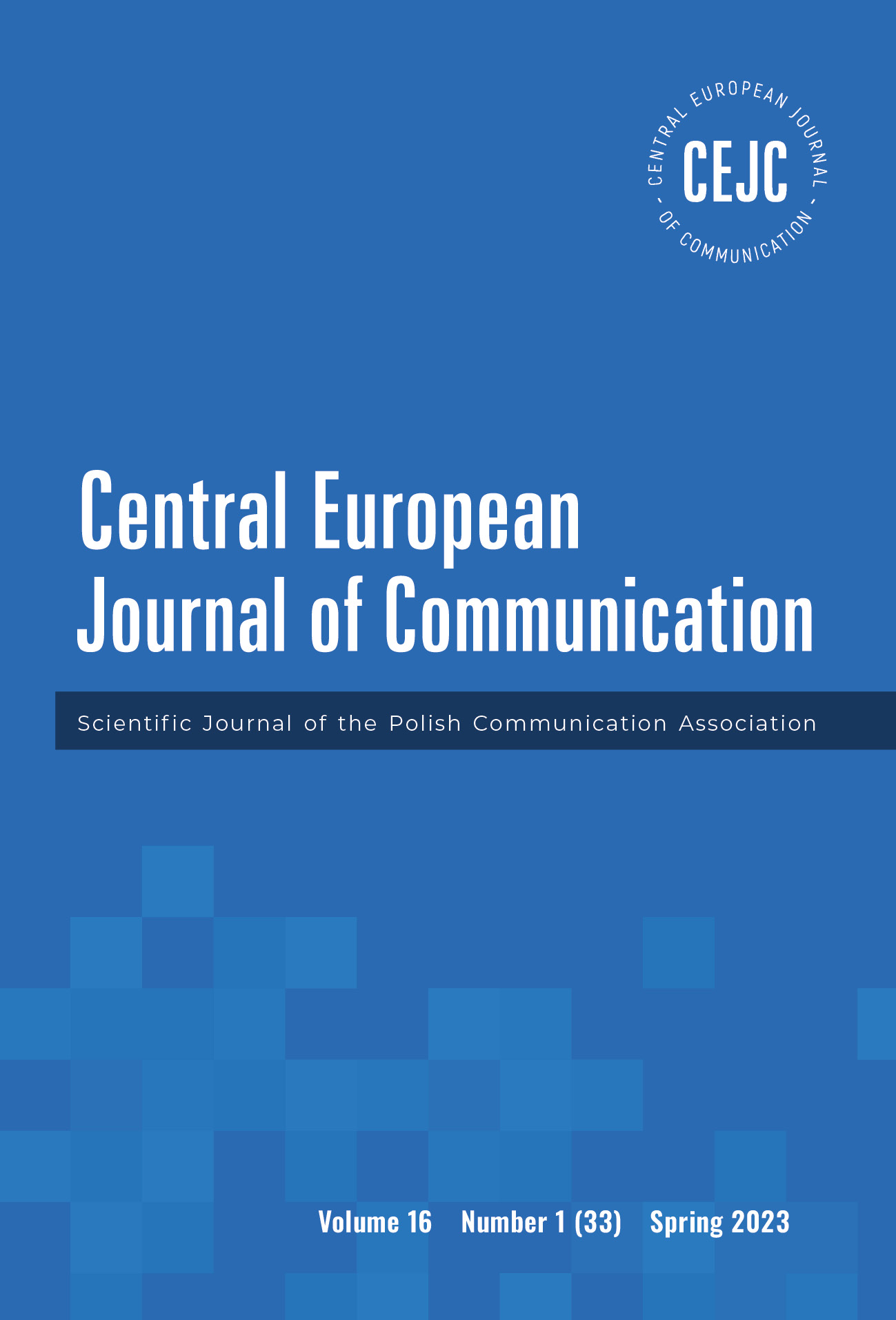Estonia’s Russian-speaking Audience’s Media Attitudes, Preferences and Susceptibility to the Spread of Fake News and Information Disorder in Media Outlets
Estonia’s Russian-speaking Audience’s Media Attitudes, Preferences and Susceptibility to the Spread of Fake News and Information Disorder in Media Outlets
Author(s): Mihhail KremezSubject(s): Social Sciences, Media studies, Communication studies, Theory of Communication
Published by: Polskie Towarzystwo Komunikacji Społecznej
Keywords: fake news; information disorder; Russian minority; polarization; distrust;
Summary/Abstract: A multiplicity of infospheres in a country, especially in those with a significant proportion of language minorities, creates polarization and distrust towards state institutions. This article addresses the problem by exploring the attitudes of Estonia’s Russian-speaking minority towards news media content regarding fake news and information disorder. The semi-structured interviews were conducted with Russian-speakers living in Estonia (N=29), using stimulus materials to induce reactions related to elements of trust in the materials. The results showed that the interviewees have—diverse media preferences, a critical eye for the news, more trust in Estonia’s Russian-language media, and are quite capable of recognizing fake news and information disorder. The study challenges the view that Estonia’s Russian-speaking minority lives in the isolated infosphere of Russia. The article argues that more attention should be drawn to information quality in the news aimed at this language minority audience.
Journal: Central European Journal of Communication
- Issue Year: 16/2023
- Issue No: 33
- Page Range: 19-39
- Page Count: 21
- Language: English

